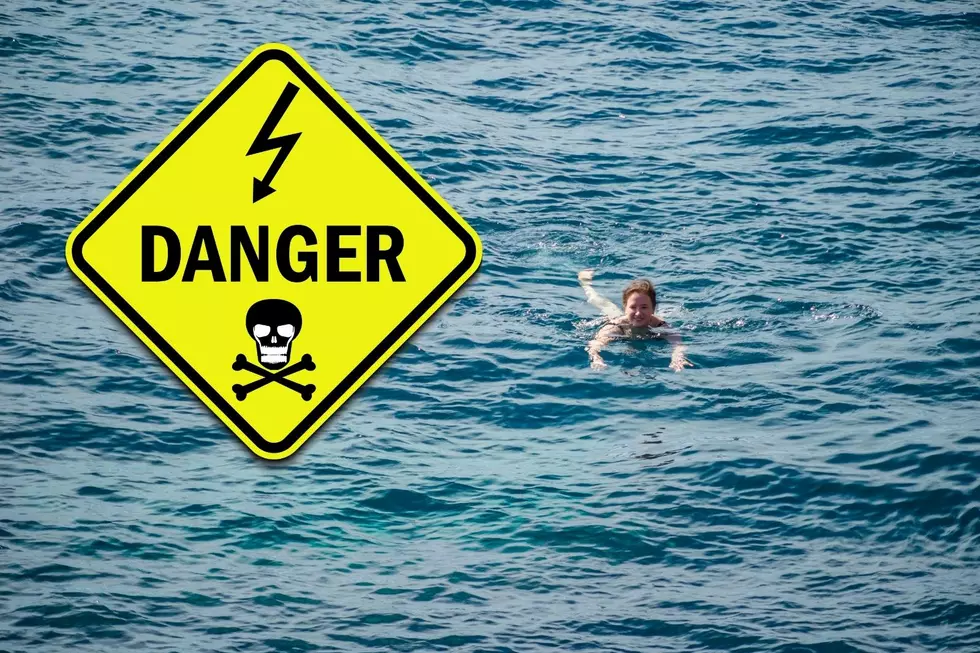
SouthCoast Families Should Be Educated About Electric Shock Drowning
Electrocution is a very real danger that people don't take seriously enough. Earlier this month, a North Easton man was killed when he was electrocuted while trying to remove an antenna from a Taunton home.
But it isn't just on land where you need to be concerned.
Would you consider stepping into a bathtub with a live hair dryer? Think of a boat, docked at the marina, as that hair dryer. People I spoke with on the SouthCoast knew little about the silent killer, but the Electric Shock Drowning Prevention Association was established to save lives from electrocution.

Electric shock drowning happens in fresh water ponds and lakes, when low-level AC current paralyses the body, rendering the victim unable to swim, eventually resulting in drowning.
People have been swimming around marinas for decades, but what has changed is the addition of electricity from boat lifts and dockside accessories that allow boats to be plugged into shore power while docked. Often, the source of electrocution is frayed, faulty wires that get chaffed, leaking electricity into the water.
On the Electric Shock Drowning Prevention Association website, founder Kevin Ritz shared the tragic day, 14 years ago, when the family lost their son Lucas.
"We knew something was wrong when everyone started running down the dock. Lucas was motionless in the water," he wrote. "My wife jumped into the water, near his side so she could grab ahold of his life jacket, and thank God she did, or we would have lost her, too, because when she hit the water she was being paralyzed by the electricity. She couldn't let go of the life jacket."
Through their loss, the family researched and found many "drowning victims" were actually electrocuted instead, because there was no water in their lungs.
Since then the Ritz family, along with others, formed a non-profit to raise awareness of this silent killer. The first step is being educated; knowing what the right steps are that can keep your family safe around the water this summer.
Read the association's list of ways to prevent electric shock drowning and be safe out there.
LOOK: Here are the best lake towns to live in
LOOK: Here are the 50 best beach towns in America
More From WBSM-AM/AM 1420









